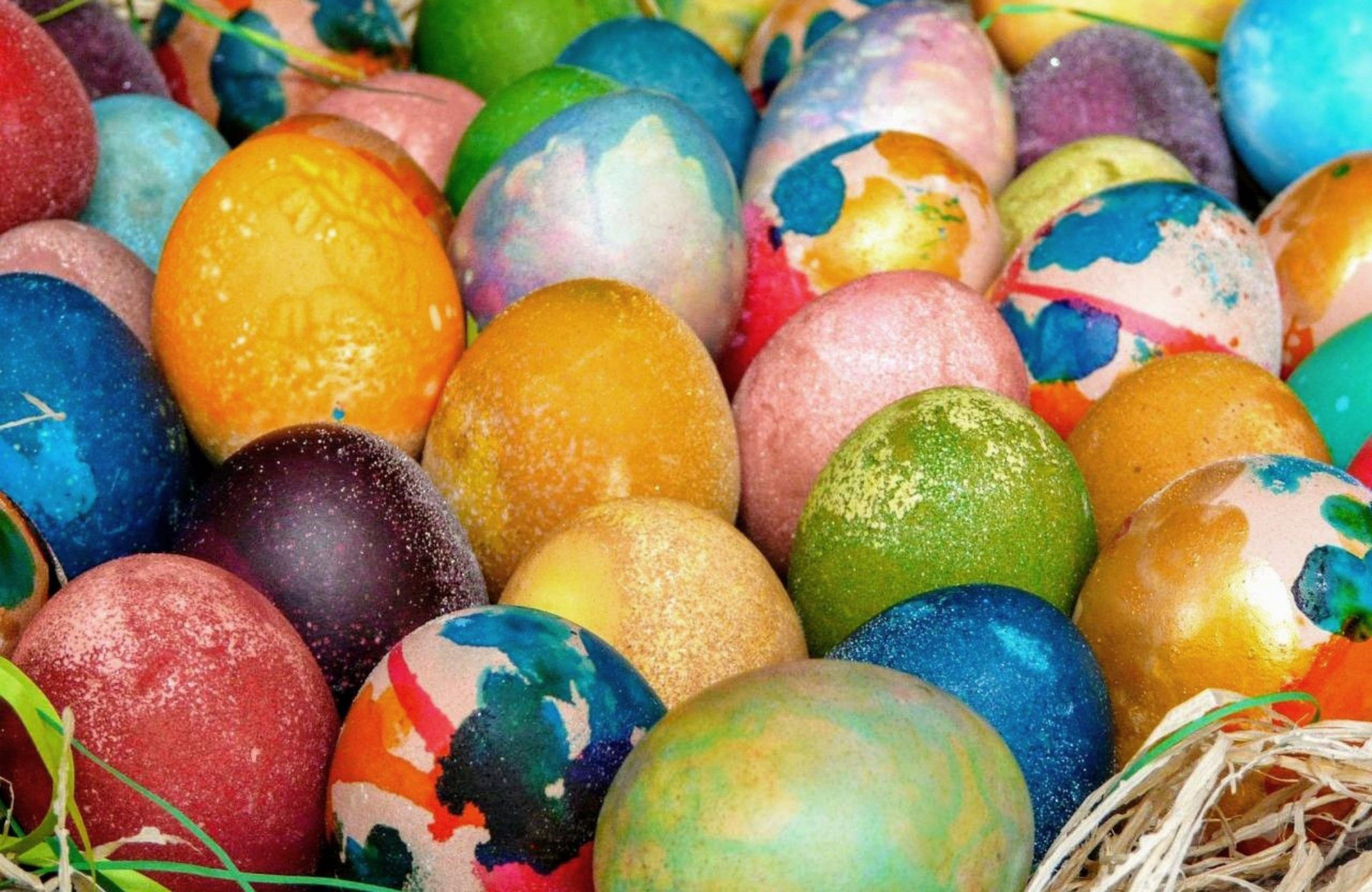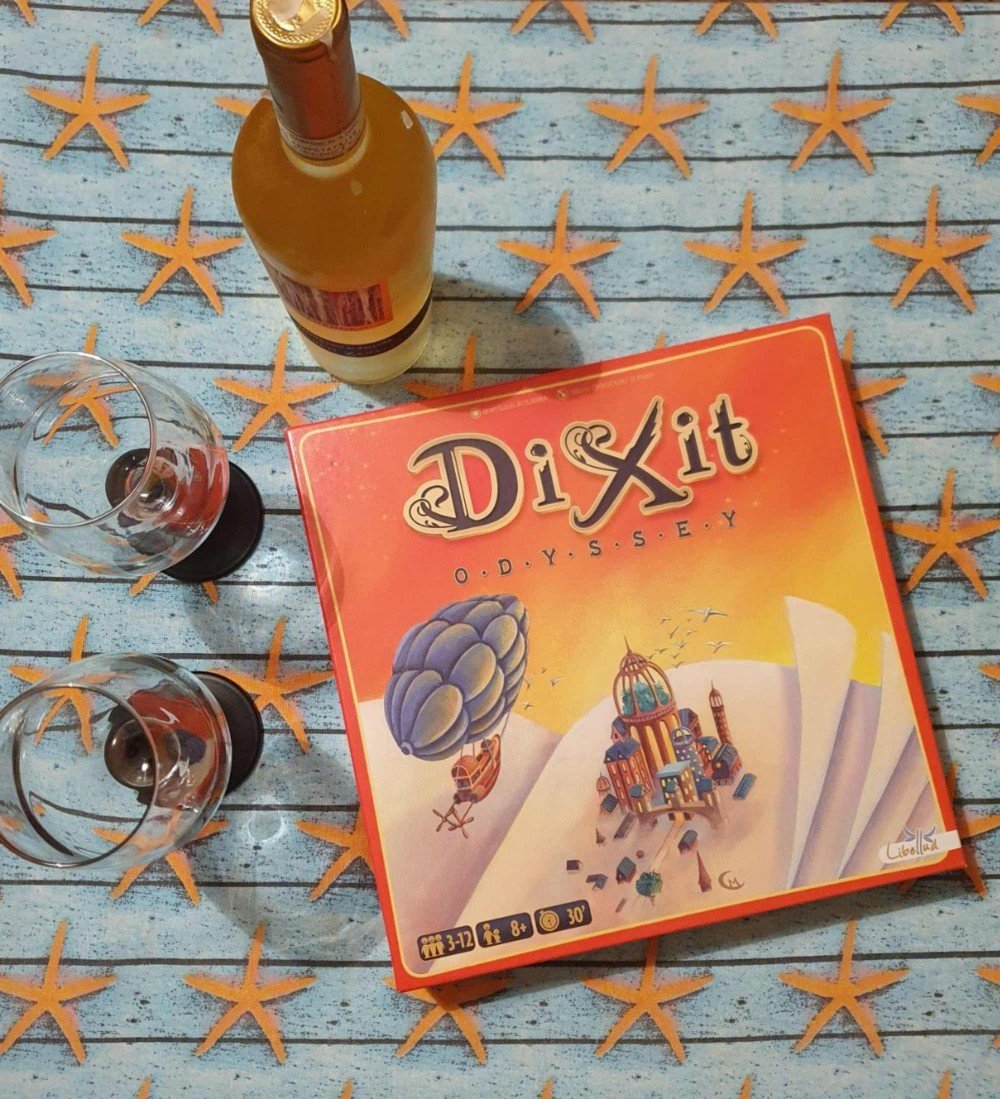Fun facts about our traditions and celebrations during Holy Week
Written by Andrea Vushkova, edited by Tamar Weisert, photos by Andrea Vushkova.
In the previous article, "The week before Easter", I told you about Lazarovden and Tsvetnitsa, two unique Bulgarian holidays. Now you can read some fun facts about our traditions and celebrations during Holy Week and on Easter day itself.
The date
As some of you might know, Bulgaria's official religion is Orthodox Christianity, which has some differences from the Western Catholic world. When it comes to Easter, the main distinction is the date. Catholic Easter is usually before Orthodox Easter, but every few years, they coincide on the same day. Timing varies each year, as the Orthodox Church bases the date of the holiday on the Julian Calendar, while Catholics use the Gregorian one.
Not every day is Easter
"Not every day is Easter" is a popular saying in Bulgaria, which underlines just how important and unique the holiday is. Traditionally on Easter day, everyone puts on new clothes. These new outfits symbolize both the awakening of new life in spring and the resurrection of Christ. Centuries ago, Easter was also an occasion for taking a bath, so this saying is used in many jokes. I will leave those to your imagination.
Eggs (not chocolate ones)
A crucial element of the celebration is the painting of eggs. Instead of organizing a chocolate egg hunt, we paint hard-boiled chicken eggs with special paints (there are many DIY ideas for that). This should be done either before sunset on Maundy Thursday or during the day on Holy Saturday. The first egg is always red, and the grandmother or mother touches each child's forehead and cheeks with it as a ritual for health and well-being. This egg is then saved in the fridge until the next year to keep the home safe and healthy.
The most fun part of Easter is the egg fight. No, we don't throw eggs at each other (many people imagine an epic battle with raw yolks flying everywhere). In reality, things are much more straightforward. Check out this video, and you will know what I mean. After the Easter vacation, kids bring their winners to school and organize competitions. Even if you lose the fight, well, you get to eat your loser egg.
Food, food, and more food
Besides all of the colorful eggs, there are a few more things that Bulgarians love to eat during the spring holidays. The one that deserves first mention is a sweet bread, called "kozunak." We garnish it with raisins, almonds, chocolate, or just sugar. You will see a lot of bakeries selling it around Easter time, but it can also be found year-round, as it's too tasty to be consumed only once per year. Some bakeries put signs up, saying, "We are accepting orders for Easter kozunak!". However, if you are a real enthusiast, you can try baking it yourself, and here is a good recipe you can follow. A tip from me: this sweet bread goes great with yogurt. Even if it sounds weird - give it a try, I promise you won't regret it!
The other main culinary attraction on Easter day is the roast lamb. Similar to kozunak, the advertisements for fresh meat can be seen everywhere a few weeks before the holiday. In my family, we serve our lamb with sauteed young potatoes and green salad (lettuce, cucumbers, and radishes). The idea behind eating this particular dish is sacrificing the innocent creature as a ritual, like the innocent son of God was sacrificed because of worldly human sinners.
Going around the church
Possibly the most unusual thing that we do here is the church ritual on the night of Holy Saturday. There is a celebratory liturgy, and a few minutes before midnight, the main priest leads the clergy around the church three times. Everyone holds a candle that should be lit from the holy fire, brought from Jerusalem. At midnight the priest solemnly announces Christ's resurrection and greets the crowd three times with the words "Hristos voskrese!" ("Christ has risen!"). People respond with "Voistina voskrese!" ("Indeed he has risen!"). This is the greeting that everyone uses on Easter and in the days that follow.
I hope you learned a thing or two about Orthodox Easter, and you can now impress your Bulgarian friends! Have fun and be careful with the kozunak, it's addictive!

